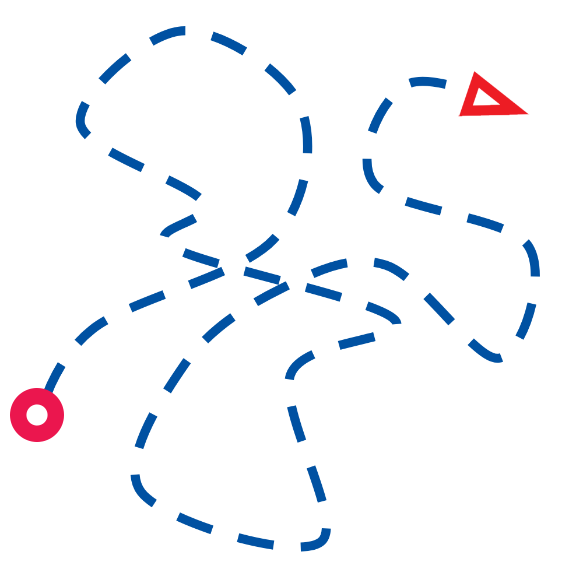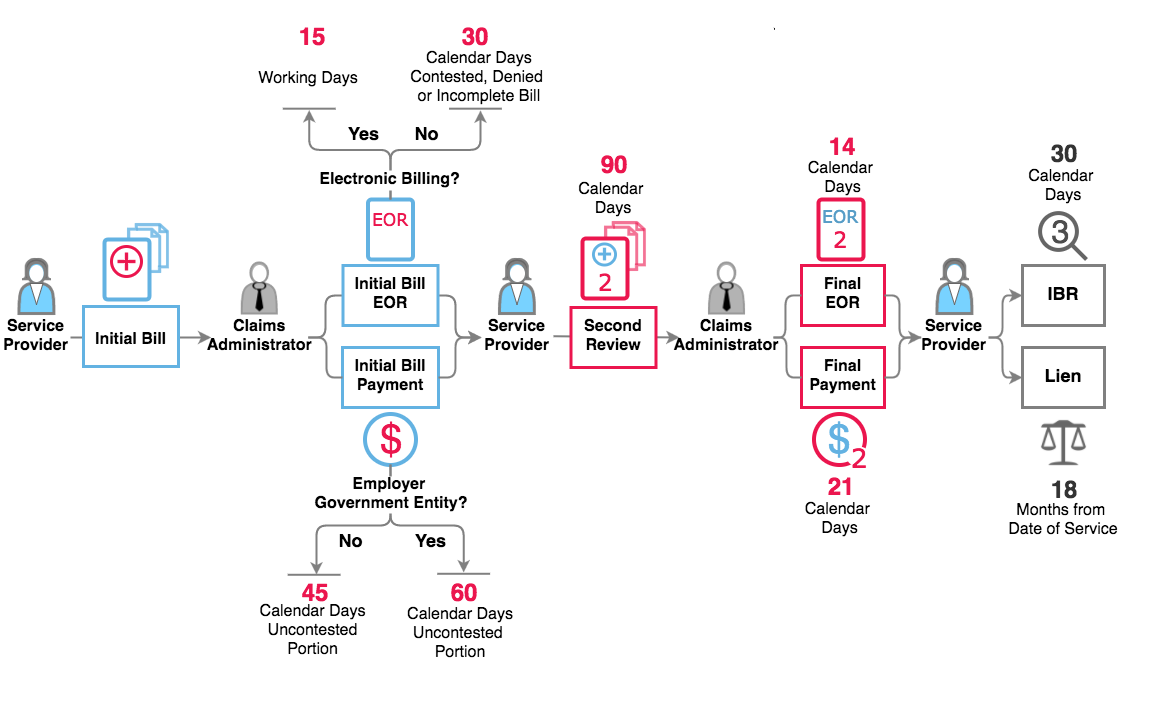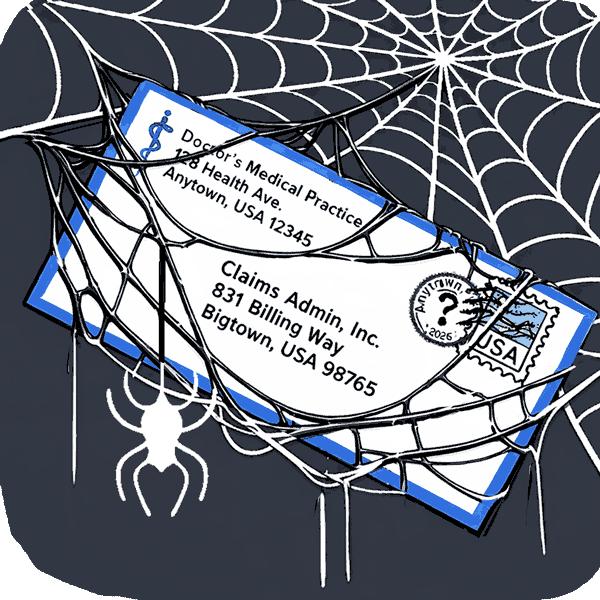Missed Connections: Indirect Routing of Workers’ Comp Electronic Bills

Today, we continue our multi-part examination of compliant electronic billing for California workers’ comp bills. We kicked off the series with a primer, before diving into electronic EORs and EDI agent responsibilities. Now we turn to another issue that plagues providers across the state. When we speak to providers about the complexity of the workers’ comp electronic billing system, a common error stands out: indirect routing of electronic bills.
Indirect routing directly violates the rules set out by the Division of Workers’ Compensation (DWC). The DWC requires that a provider or provider EDI agent contact a claims administrator to determine the electronic address to route electronic bills (837 files) directly to that claims administrator.
Often a provider (or a provider’s chosen EDI agent) simply does not read the fine print, and is therefore unaware of this requirement. Instead, they non-compliantly route all of their electronic bills to a single clearinghouse. For example, if a provider routes all of their electronic billing to Jopari, this is compliant only for the claims administrators that have chosen Jopari as their clearinghouse. This is not compliant for claims administrators that do not use Jopari as their EDI agent.
When providers incorrectly route their electronic billing to a single clearinghouse, they forego many of the benefits of electronic billing. Bills are not delivered to the correct electronic address, including the Payer ID and EDI agent used by the claims administrator. For indirectly routed bills, a claims administrator is not obligated to
- Timely process the electronic bill, as it was not compliantly delivered via the claims administrator’s chosen EDI agent.
- Return acceptance or rejection acknowledgements (277 files).
- Send electronic EORs to the provider (835 files).
This throws a wrench into the entire workers’ comp electronic billing system. When an indirect clearinghouse receives an electronic bill that should have been routed to a different clearinghouse, the indirect clearinghouse attempts to relay the bill to its intended destination. Clearinghouses do this in different ways, to varying degrees of success. It’s a difficult-to-track process and frequently results in lost or incorrectly-processed electronic bills.
Another common pitfall involves non-compliant revenue cycle management (RCM) platforms. Certain RCM platforms use non-work-comp EDI agents that route all workers’ comp electronic bills to a single clearinghouse. Once again, this scenario will occasionally work for those claims administrators who use the specific clearinghouse in question. But in all other cases, it is non-compliant billing, and results in missing bills and attachments.
Indirect routing is non-compliant behavior, and frequently results in missing or incorrect acknowledgements and electronic EORs. At DaisyBill, we submit electronic bills to over 300 individual claims administrators, and reach out to each one individually to verify the correct electronic address. This is a critical component of compliant electronic billing that is all-too-often ignored. Before choosing an EDI agent, make sure that they will take this step.
To learn more about electronic billing for California workers’ compensation, head to our webinar library.
WEBINAR LIBRARY
DaisyBill provides content as an insightful service to its readers and clients. It does not offer legal advice and cannot guarantee the accuracy or suitability of its content for a particular purpose.



